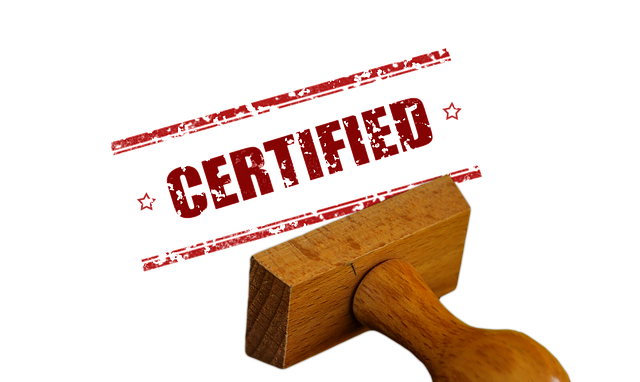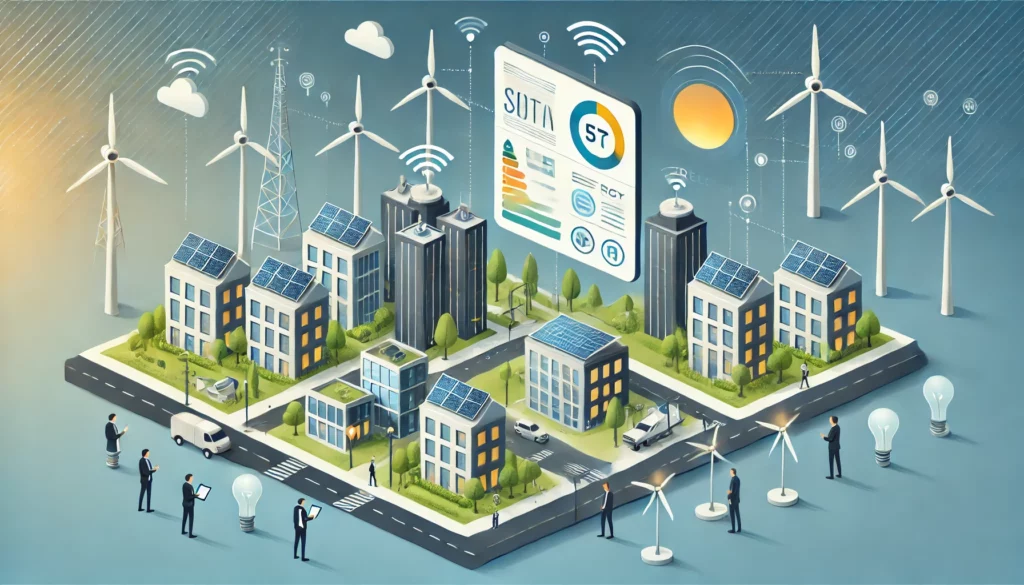There is now a jungle of energy certifications for companies, buildings and products. Therefore, it is easy to quickly lose the overview. EnExpert briefly shows here the most important certifications on the market!

- ISO 50001 – This standard sets requirements for an energy management system and helps companies continuously improve their energy efficiency. ISO 50001 certification confirms that the company has implemented an effective energy management system and is energy efficient. Read more about ISO 50001 certification here.
- LEED – The Leadership in Energy and Environmental Design (LEED) certification system evaluates the sustainability of buildings, including energy efficiency, water conservation, material selection and air quality. LEED certification is an internationally recognized symbol of green building and sustainability.
- Energy Star – This is a U.S. Environmental Protection Agency (EPA) program that recognizes products that are particularly energy efficient. Energy Star certified products can help reduce energy consumption and reduce environmental impact.
- BREEAM – The Building Research Establishment Environmental Assessment Method (BREEAM) is a rating system for building sustainability used in many countries around the world. It assesses energy efficiency, occupant health and well-being, environmental impact, transportation accessibility, and management practices, among other factors.
- DGNB – The German Sustainable Building Council (DGNB) awards certificates for sustainable construction.
- EMAS – The EU Eco-Management and Audit Scheme (EMAS) is a voluntary instrument that helps companies and organizations improve their environmental performance. EMAS sets high standards and also covers energy consumption and energy efficiency.
- Blue Angel – The Blue Angel is the oldest environmental label in the world and is awarded by the German government. It covers a variety of products and services that are particularly environmentally friendly and also takes into account energy consumption and energy efficiency.
We hope EnExpert was able to give you a rough overview. In case of further uncertainties or questions, please contact us without obligation!












